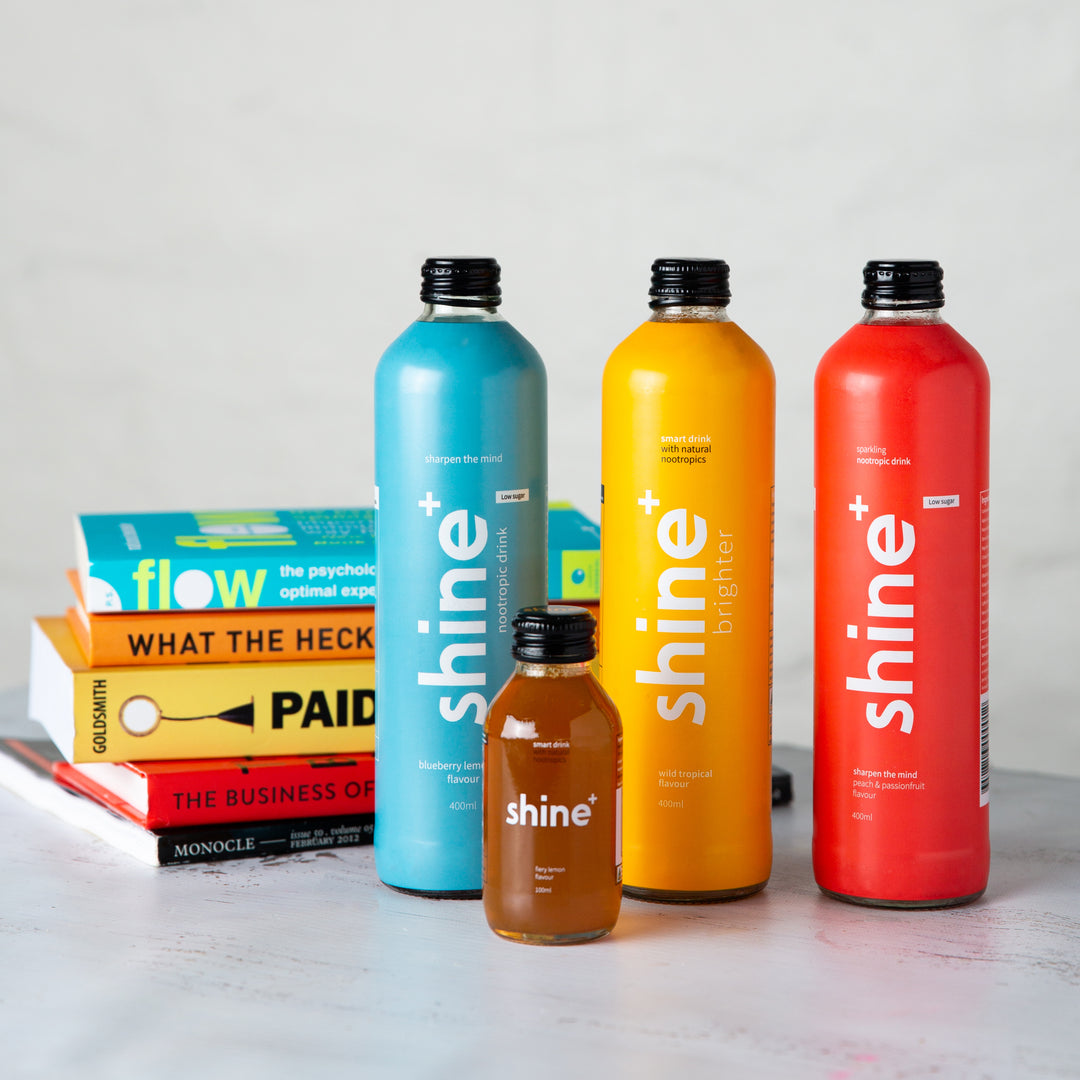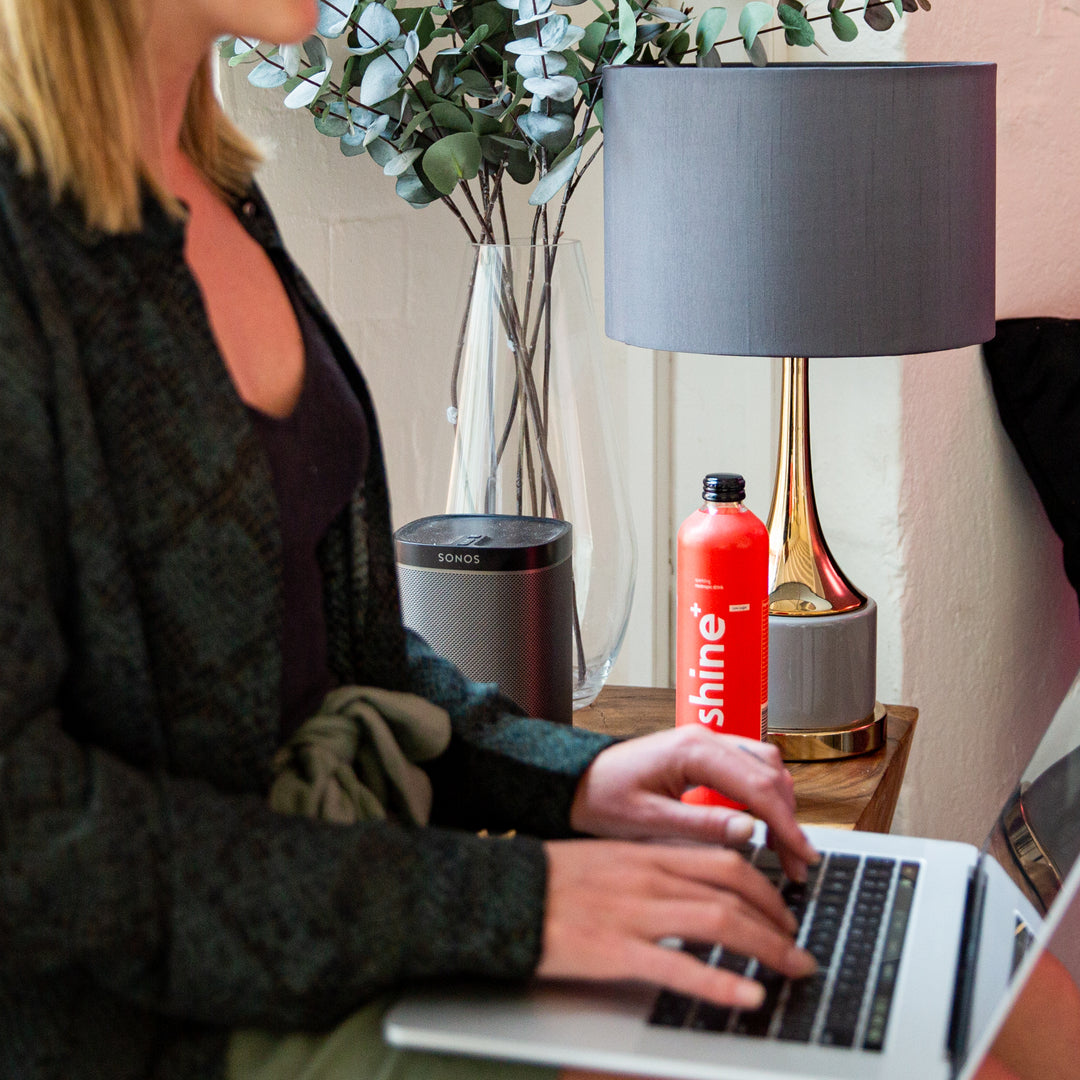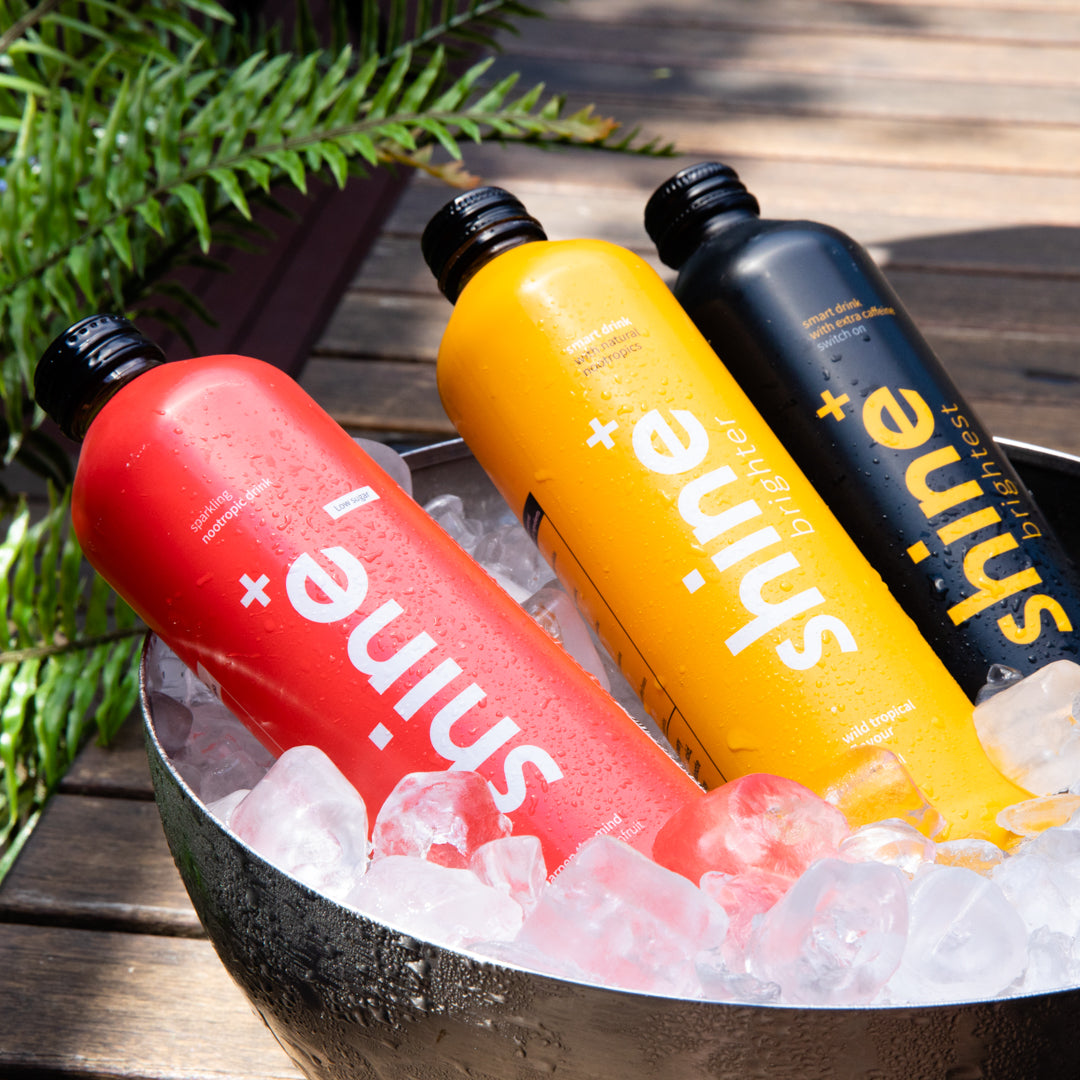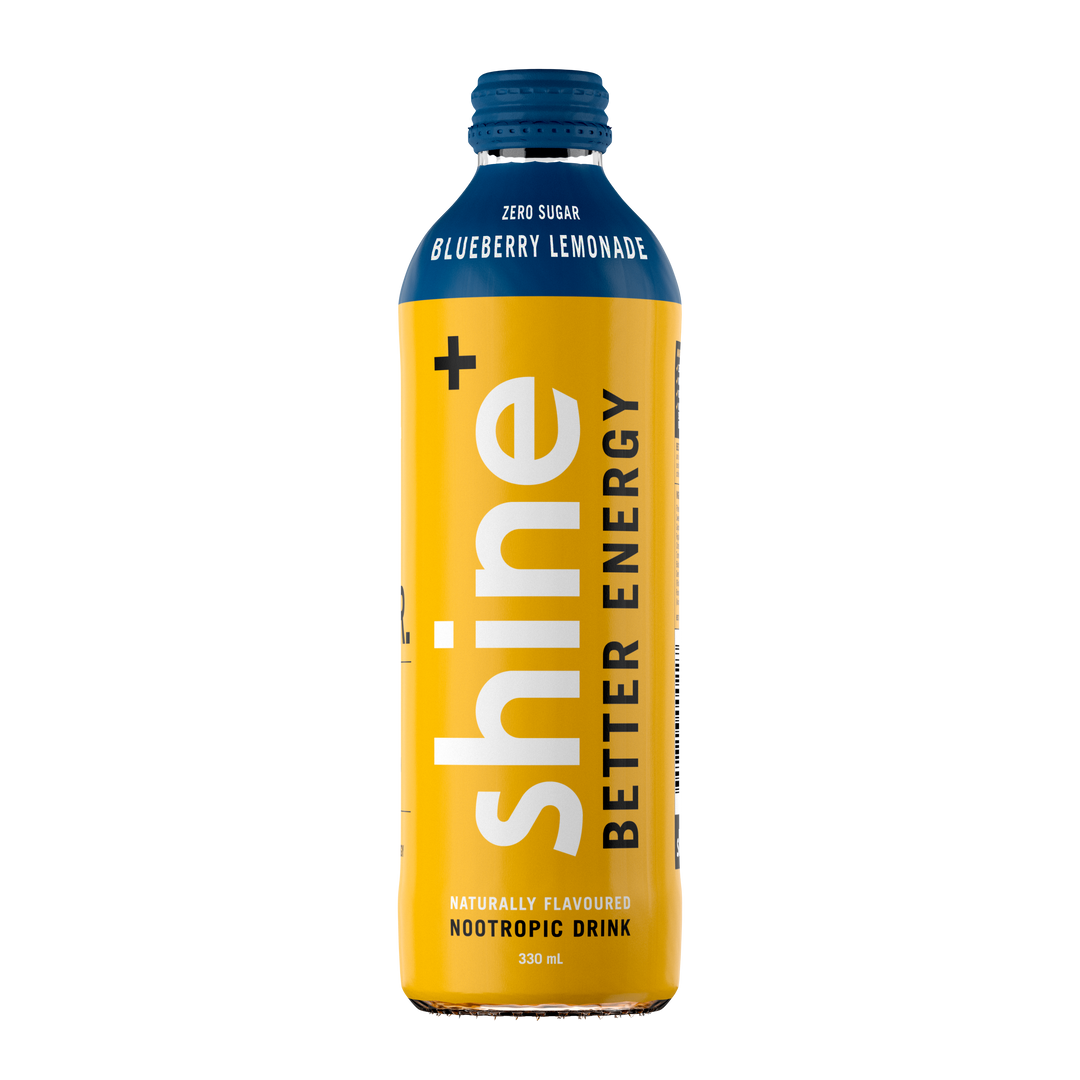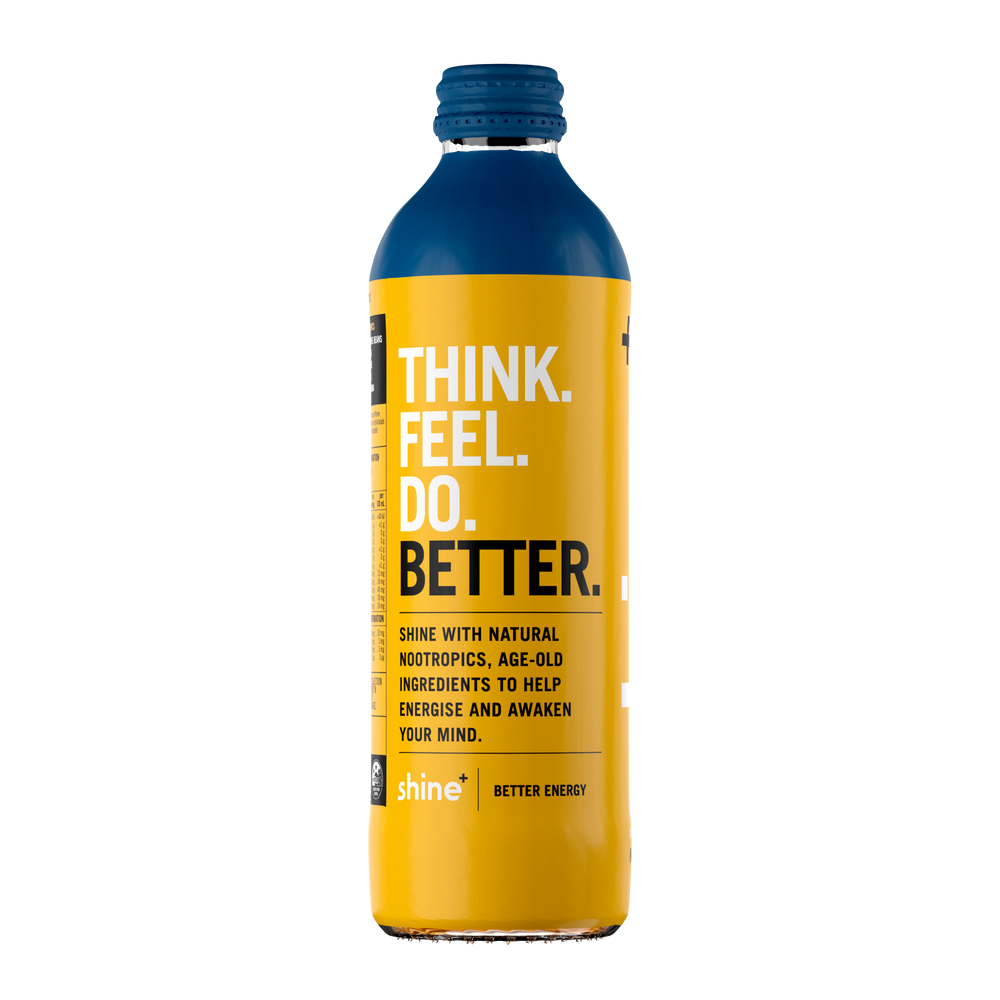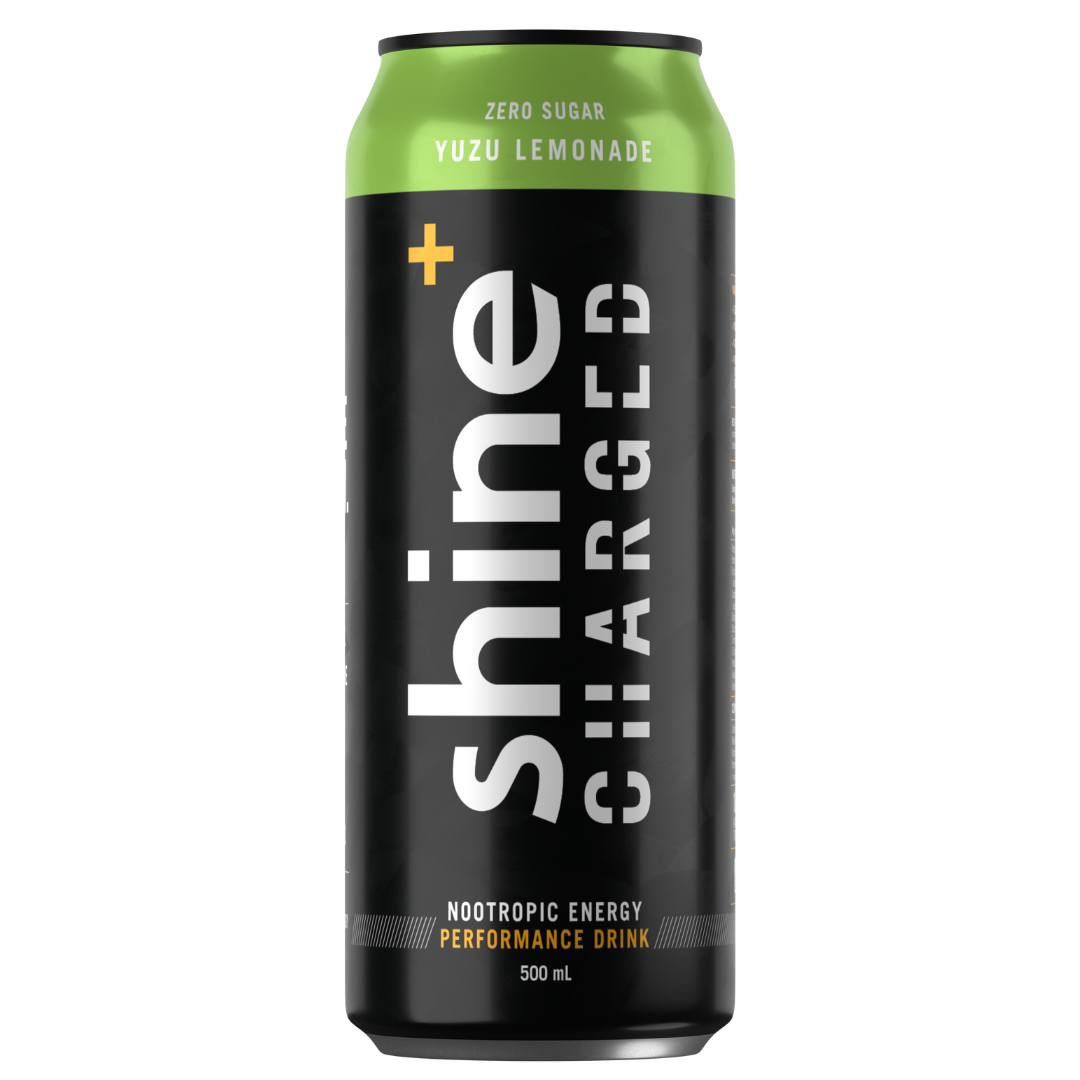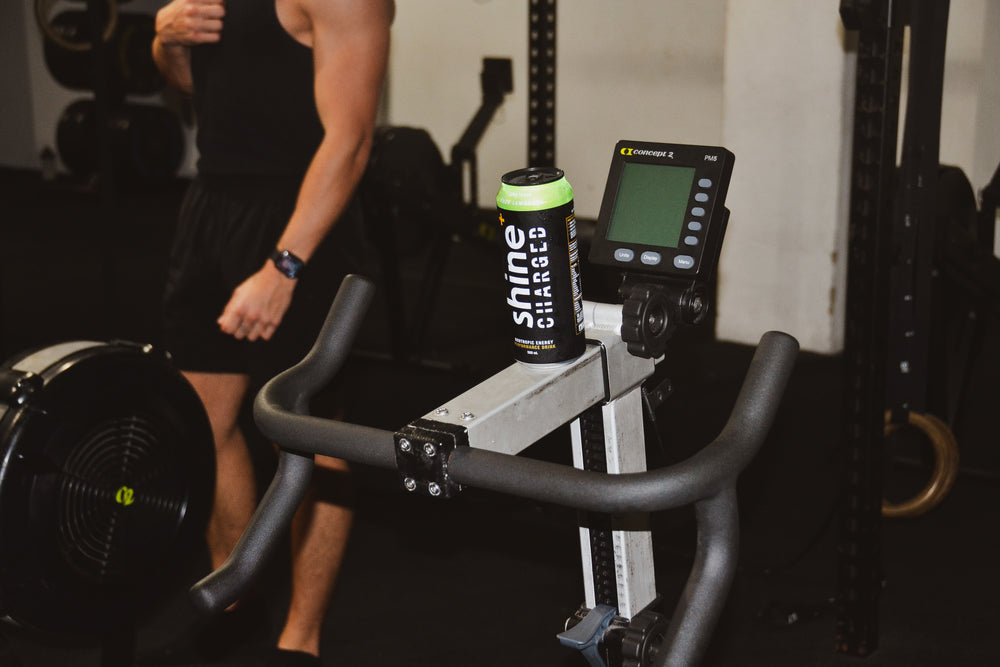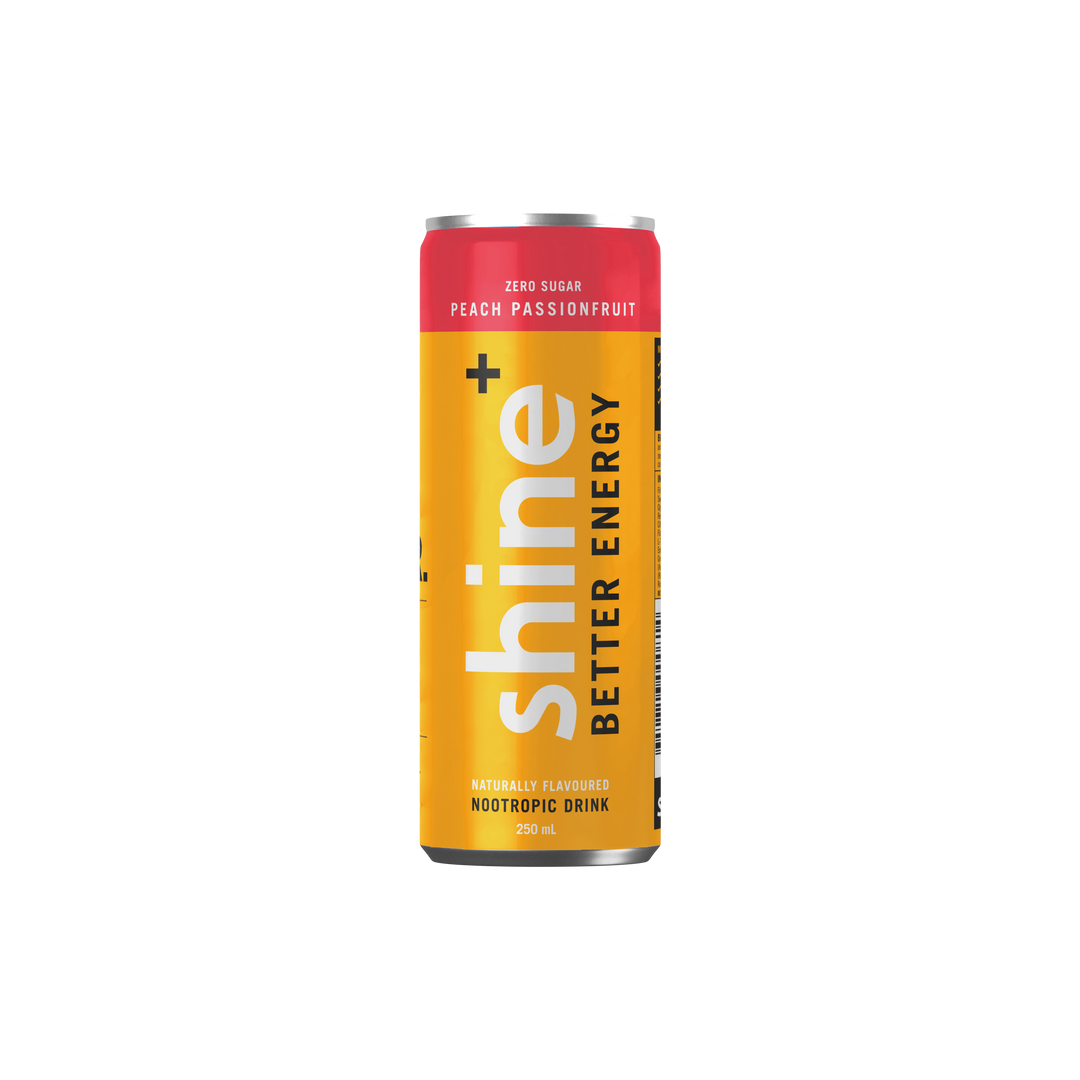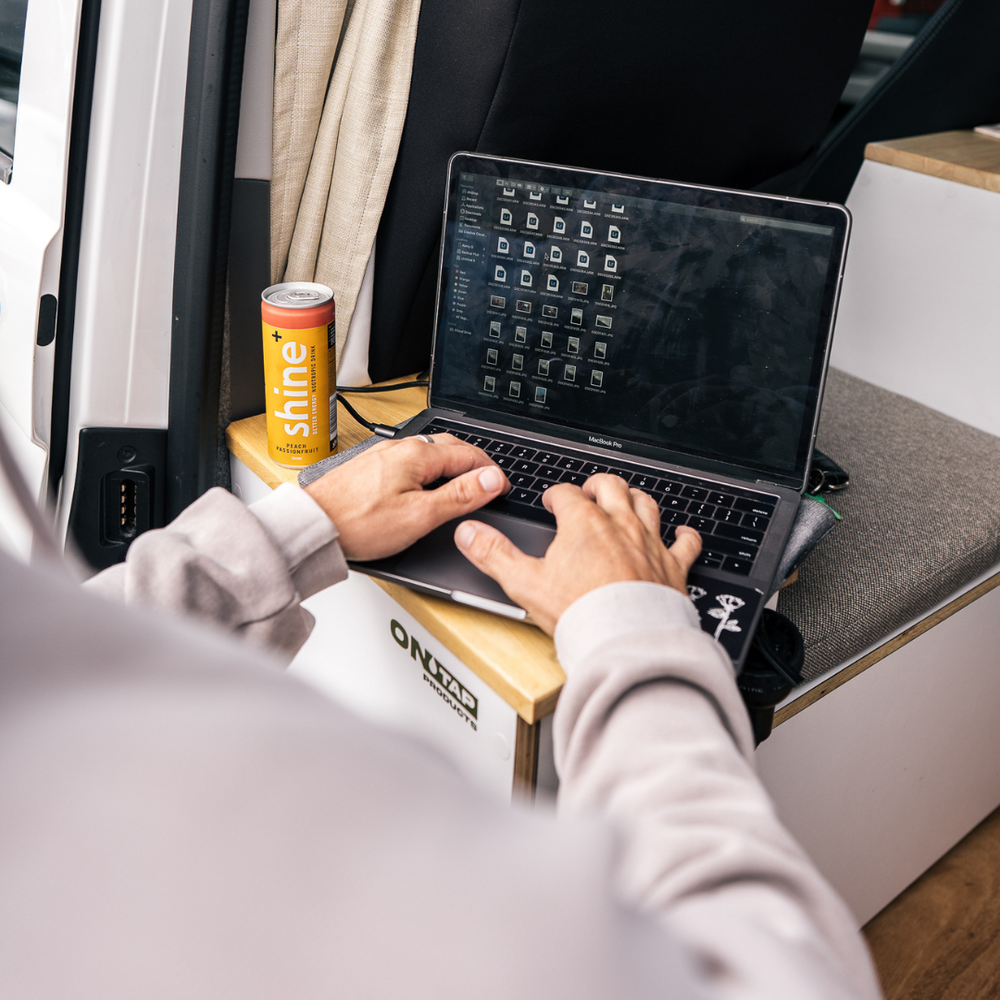NOOTROPICS IN THE WORKPLACE: HITTING YOUR PEAK
As we’ve covered earlier, nootropics are taking a rising role and importance in the world of competitive gaming. “Smart drugs”, however, go well beyond the still-niche market of eSports. They’ve seen an increasingly prominent role in the workplace, where everyone in the office hierarchy is using nootropics to make the most out of every shift. Let’s take a look at nootropics in the workplace.
An alternative to conventional energy
A common occurrence can be seen across most cities every morning; workers and students queuing up at their favourite cafe for a morning coffee. In what most would consider a morning ritual, people get coffee to give them an energy boost. This is specifically important for the mornings, where people are still “waking up” and rely on the caffeine from the coffee to jolt them into gear and ready for a hard day of work.
Where this strategy falls apart, however, is that caffeine will eventually cause you to crash. While the burst of initial energy and focus will, without a doubt, be very effective, the ensuring down from the caffeine will ensure that the final hours of your daily shift will be even more painful. Instead of being focused and grinding out those last few hours, instead you’ll find yourself looking at the clock and counting down the minutes until you can get out and get to bed. Just to do it all over again the next day.
That’s where nootropics and “smart” drugs have come in as an alternate source of energy. The Harvard Business Review posted a report this year which stated 20% of Ivy League students use some sort of nootropics, and that this has further expanded beyond college campuses into the workplace. The most popular of these “smart drugs” have been Adderall, Ritalin, and narcolepsy medication Modafinil. With the rise of nootropics-focused companies using GRAS components, however, there will be without a doubt a rise in use of non-perscription smart drugs. Most importantly, they won’t come with the caffeine crash that coffee causes.
It shouldn’t come as a surprise that workers and executives are beginning to take nootropics. The Harvard Report showed that workplaces are already aware of what gets the most productivity out of their team. Some companies are even beginning to make exercise a compulsory part of a weekly schedule. So it wouldn’t be too much of a surprise if nootropics were the next step for companies looking to increase productivity from their individual workers.
How nootropics improve you in the workplace
Businessmen are beginning to take nootropics for a reason - they work. The effects of Adderall and Ritalin are well documented, as they are used to combat ADHD and restore focus. Modafinil in particular has been the focus of the study referred to by Harvard Business Review. Traditionally a drug to counter narcolepsy, it has been discovered that Modafinil provides significant cognitive benefits for those not suffering from those symptoms. It has significantly enhanced the focus and energy of the individual in particular, which has lead to significant productivity increases in work output.
The study into Modafinil also revealed that the longer and more complex the task, the more consistent Modafinil was in achieving the cognitive benefits it was being used for. These successes have spurred on nootropics companies to begin developing non-perscription, GRAS component products to achieve similar effects. Ginkgo Biloba, an ingredient of Shine+, has been traditionally used as a medicine to help those with fading memory. Like Modafinil, however, it also doubles up and studies have suggested it can enhance memory and thinking power in those perfectly healthy.
Essentially, nootropics can enhance your performance and focus in the workplace. With more energy, clearer focus, and a larger mental capacity, you are able to function at a higher level and remain on task without any energy or mental crashes. So whether you’re jumping through a busy meeting schedule, or simply trying to clear your desk of work as fast as possible, nootropics have a benefit for all aspects of the workplace.
This also plays into ideas of stress in the workplace and free time. By being more productive, you spend less time working. This in turn would mean you have more relaxation and recreational time to yourself, and would result in less stress. This means there are not only workplace benefits to using nootropics, but it extends into making your personal life more enjoyable.
How safe are they?
As previously mentioned, when it comes to workplace “smart drugs” there is presently a small amount that have been tested. All three of those mentioned previously are prescription drugs, and ones which would have been taken outside of their intended use. Because of that, there can be some skepticism looking into the world of nootropics and seeing what you might conceive as abuse of prescription medicine.
The research into these nootropics, however, has been a honest endeavour and has revealed a lot about the scope of these “smart drugs” individuals are using to gain an advantage. Modafinil, for example, was shown to have very few side effects when used in controlled, short term uses. The key words here are controlled and short term. James McGough, a psychiatrist from UCLA, told The Atlantic that people taking nootropics at therapeutic doses run no risks of addiction. Furthermore, he stated that the negative risks and effects of these prescription drugs were the product of misusing them.
Ultimately, it seems as if nootropics will be playing a big role in the workplace in coming years. As more is understood about nootropics, and the benefits they provide, you will no doubt be hearing more and more about them.
WORDS BY HAYDEN FITZGERALD


